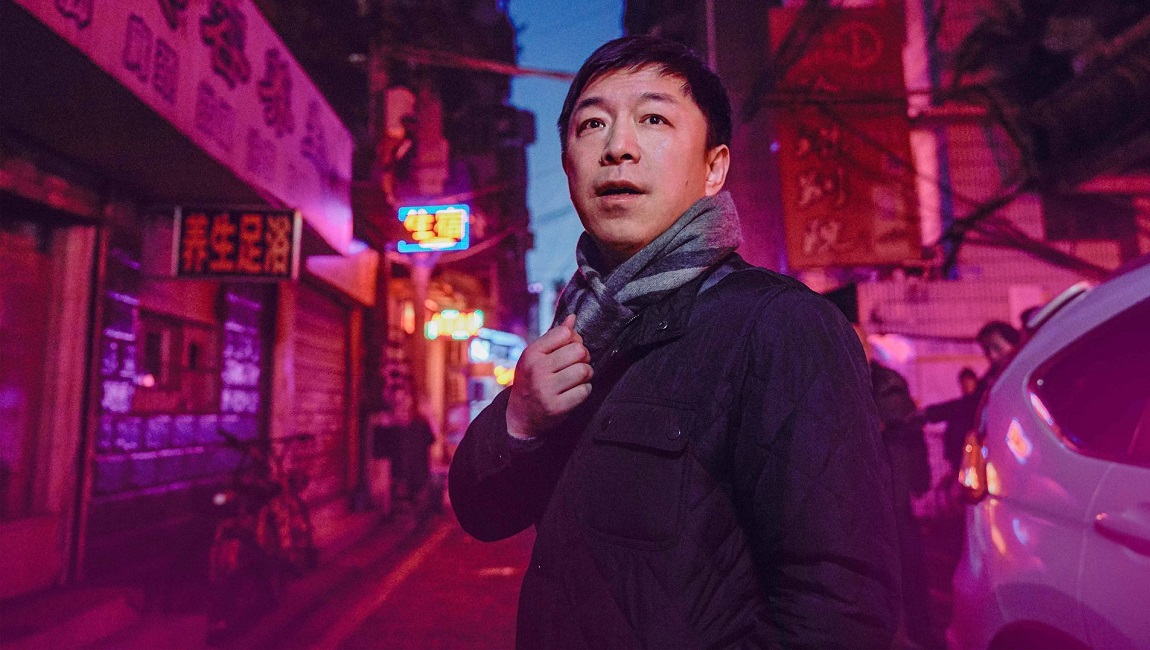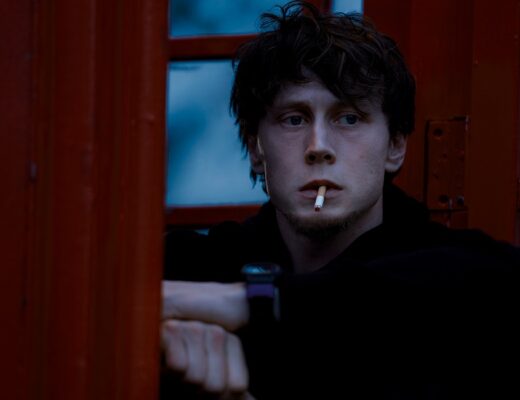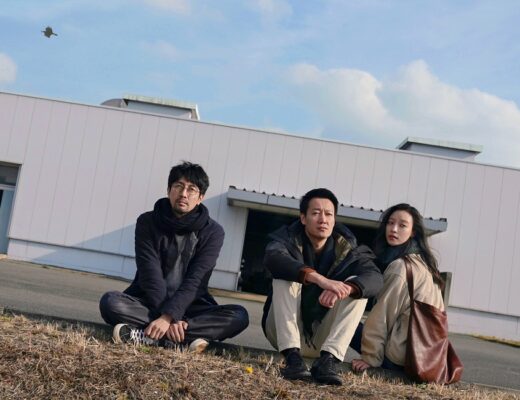It’s unclear if the new film Gone with the Light is directly inspired by or otherwise wholesale lifting the premise of The Leftovers (both the HBO television show and the Tom Perrotta novel of the same name). Whatever the genesis of the film, after similar inciting incidents, it wisely charts a course quite different from its predecessors, and ultimately fails entirely on its own terms. Here, on an otherwise inauspicious weekday morning, a blinding white light blinks a sizable portion of the world’s population out of existence. Those, um, left behind attempt to make sense of this bizarre phenomenon and navigate the new world left in its wake. Director Runnian Dong spends an inexplicable amount of time setting up this premise and then replaying it over and over from the perspective of several different characters. He also prefaces the main event with a faux-documentary opening, as a series of people sit in front of a camera while an offscreen voice asks them how they define ‘true love’. It’s the worst kind of audience hand-holding, stating up front exactly what the film is going to be about and what lens to view the proceedings through. Gone with the Light proffers the suggestion that people disappeared in twos, meaning they were paired-off couples, and that only truly happy people in love were chosen. Ergo, those who remain are either unloved by someone else or incapable of love themselves (honestly it’s not totally clear).
This, of course, sends various relationships into disarray, as we follow mild-mannered school teacher Wu Wenxue (Bo Huang) and his wife, Zhang Yan (Zhuo Tan), their marriage bland and unexciting but otherwise comfortable (or so they thought). There’s also Li Nan (Loudan Wang), who’s in the process of divorcing her unfaithful husband and can’t understand how, or with whom, he might have disappeared, and winds up befriending two of her romantic rivals. And in the film’s most useless subplot, there’s a low-level gangster, Kuaizi (Bai-ke), who thinks a friend of his was murdered just before the white light occurred. There are other characters and plots as well, and Dong returns several times to the documentary framing device, stopping the narrative dead in its tracks to do so. It’s clear that he’s attempting to look at the abstract concept of ‘love’ from every possible angle and, if possible, quantify it in some way. But somehow the film is both overstuffed and interminably dull. There are multiple stories vying for attention, none of which elucidate the others in any meaningful way. Characters pop in and out of the narrative, and Dong can’t find any kind of rhythm in the editing nor can he link them visually. Despite some fine performances and a good faith attempt at tackling a thorny philosophical quandary, the film is flat and inert. Eventually, it seems to settle on the idea that true love comes in many shapes and sizes, and that it’s up to us to define it for ourselves, a self-inflicted wound that renders the previous two-plus hours moot.
Published as part of NYAFF 2020 — Dispatch 3.







